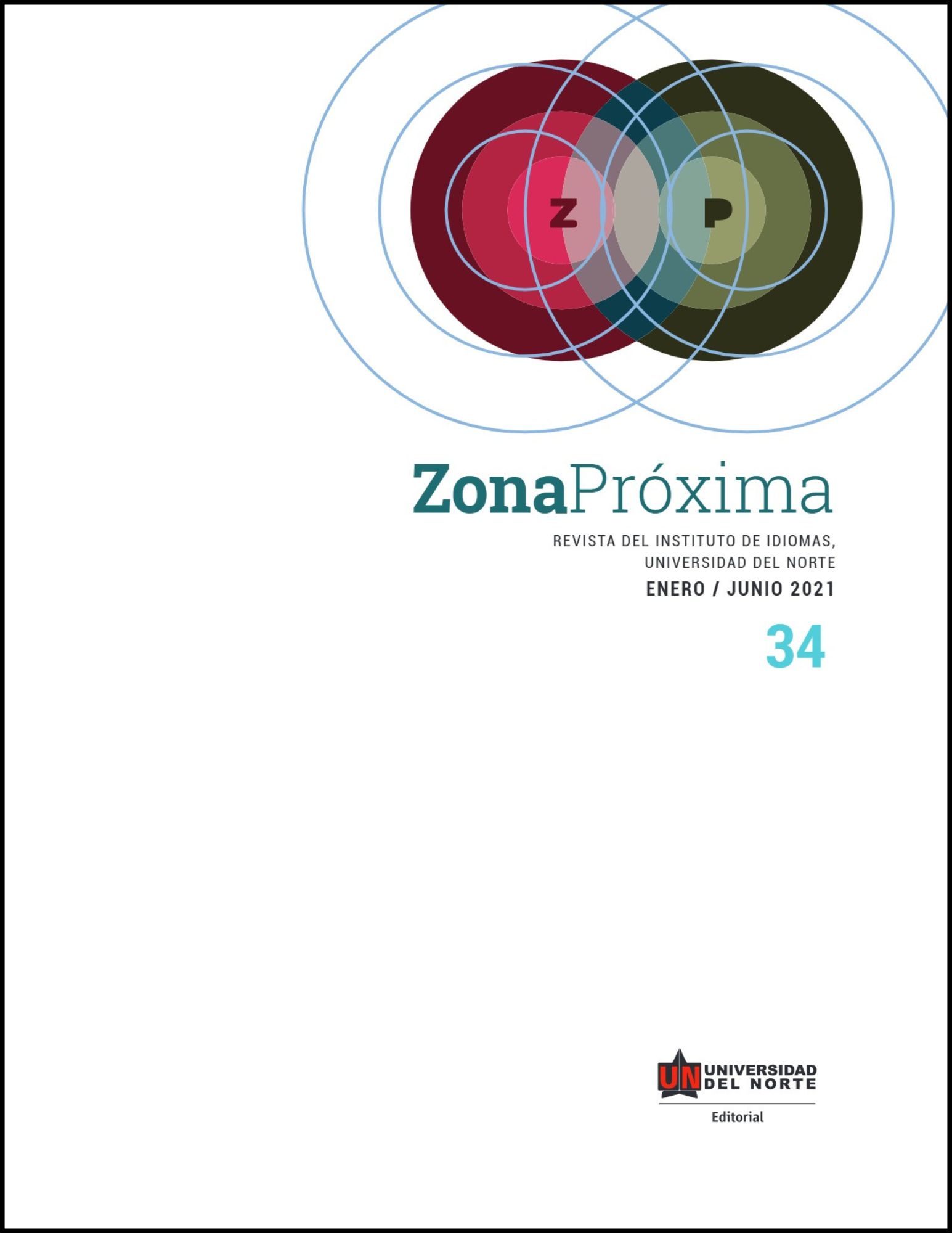Abstract
Reflection has been central theme within the educational project of Mexico City’s Iberoamericana University. The University is well known for the integral humanist formation of it’s student body.
A professor can’t guide effectively his or her students towards reflection, if he or she have not had the previous experience required to do so. Which is why, there’s an Institutional interest in following this development line.
The formative routes of reflective practice, are a model for the teacher’s training program, that guides and conducts professors towards auto-reflection as well as conscientious continuous reflections of his or her actions; before, after and during class. Therefore, he or she can propose effective innovations and changes, to improve their strategies and develop the competency level required by the students. It’s based on the Methodology of experience based learning developed in the proposal of Donald Scho?n the reflection professional.
The ARU’s mission, is the well-rounded, integral, humanist formation of the students, based in a profound reflection regarding the human reality in all it’s complexity. Thanks to professors trained on reflective practices, supported by a syllabus which’ll guide the students to take free & responsible decisions.
References
Béjar, M.O. (2019). Rutas formativas desde la Práctica reflexiva. Revista DOCERE, 21. México: Uni-versidad Autónoma de Aguascalientes.
Domingo, Á. (2012). ¿Qué es la práctica reflexiva? Recuperado de: https://practicareflexiva.pro/que-es-la-practica-reflexiva/.
Domingo, Á. (2017). El profesional reflexivo (D. A. Schön). Descripción de las tres fases del pensamiento práctico. Recuperado de: https://bit.ly/2VHK5cj.
Gil, E. (2002). La pedagogía de los jesuitas, ayer y hoy. Madrid: Universidad Pontificia de Comillas.
Kolvenbach, P. (2015). LA EXCELENCIA HUMANA: Hombres y mujeres competentes, conscientes, compasivos y comprometidos. Recuperado de: http://www.sjweb.info/education/docnews/EX-CELENCIA_HUMANA_%20ESP.pdf
Patiño, H. (2015). ¿Qué hacen los docentes de excelencia? Claves para la formación humanista en la uni-versidad. México: Universidad Iberoamericana.
Sánchez, H. J et al. (2013). Programa de Reflexión Universitaria. Fundamentación y prospectiva. Cua-dernos de Reflexión Universitaria, 29. México: Universidad Iberoamericana.
Schön, D. (1998). El profesional reflexivo. Cómo piensan los profesionales cuando actúan. España: Edicio-nes Paidós Ibérica.
UIA (2014). Modelo Educativo. México: UIA.UIA (2016). Reporte de evaluaciones de los participantes a los cursos de formación docente de 2013 a 2016. México: Universidad Iberoamericana [documento interno].
UIA (2017). Entrevistas a profesores que iniciaron Ruta Formativa en enero 2017. México: Universi-dad Iberoamericana [documento interno].
UIA (2020). Entrevistas a profesores que concluyeron alguna Ruta Formativa. México: Universidad Iberoamericana [documento interno].
Yturralde, E. (2019). La metodología del aprendizaje experiencial. Recuperado de: http://www.aprendi-zajeexperiencial.com


